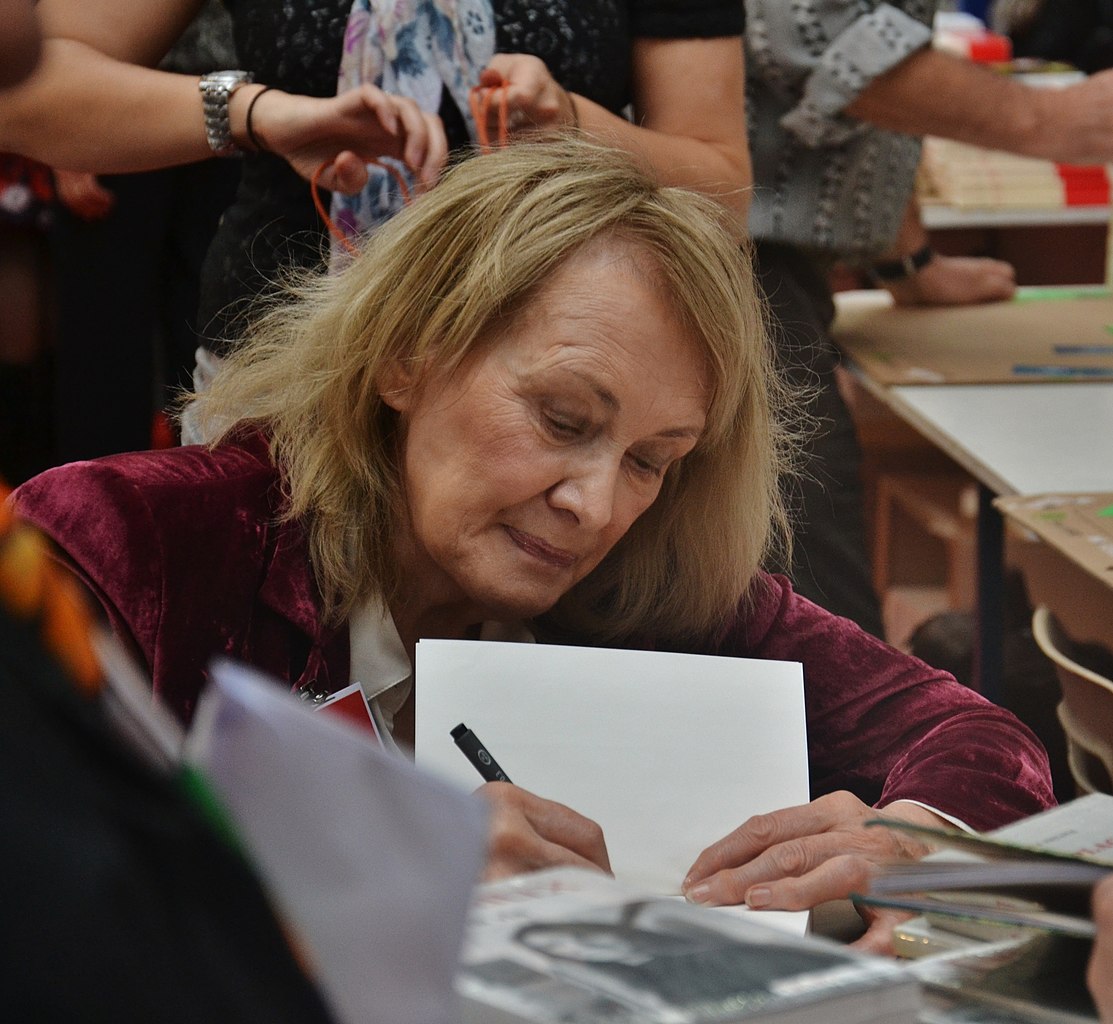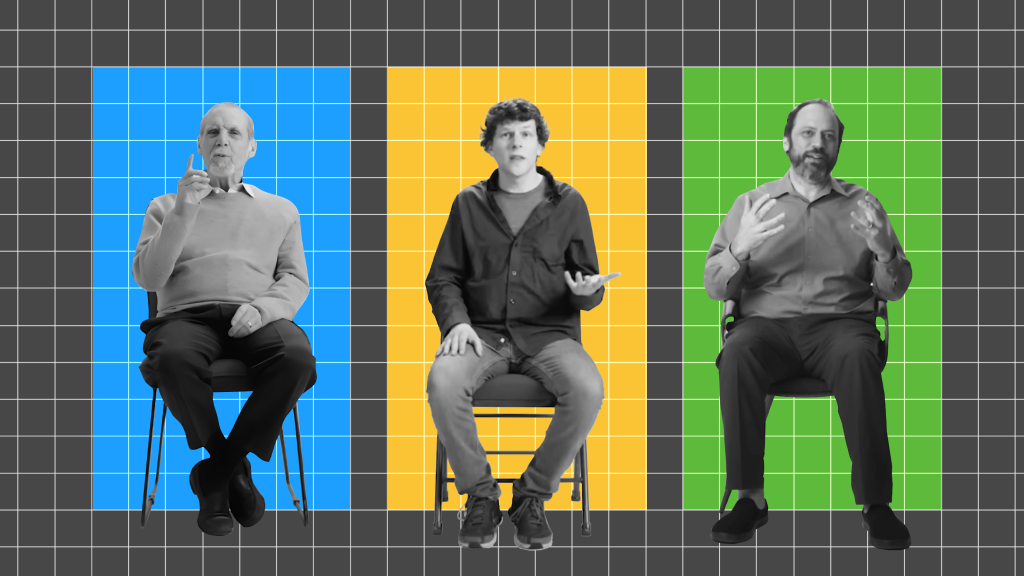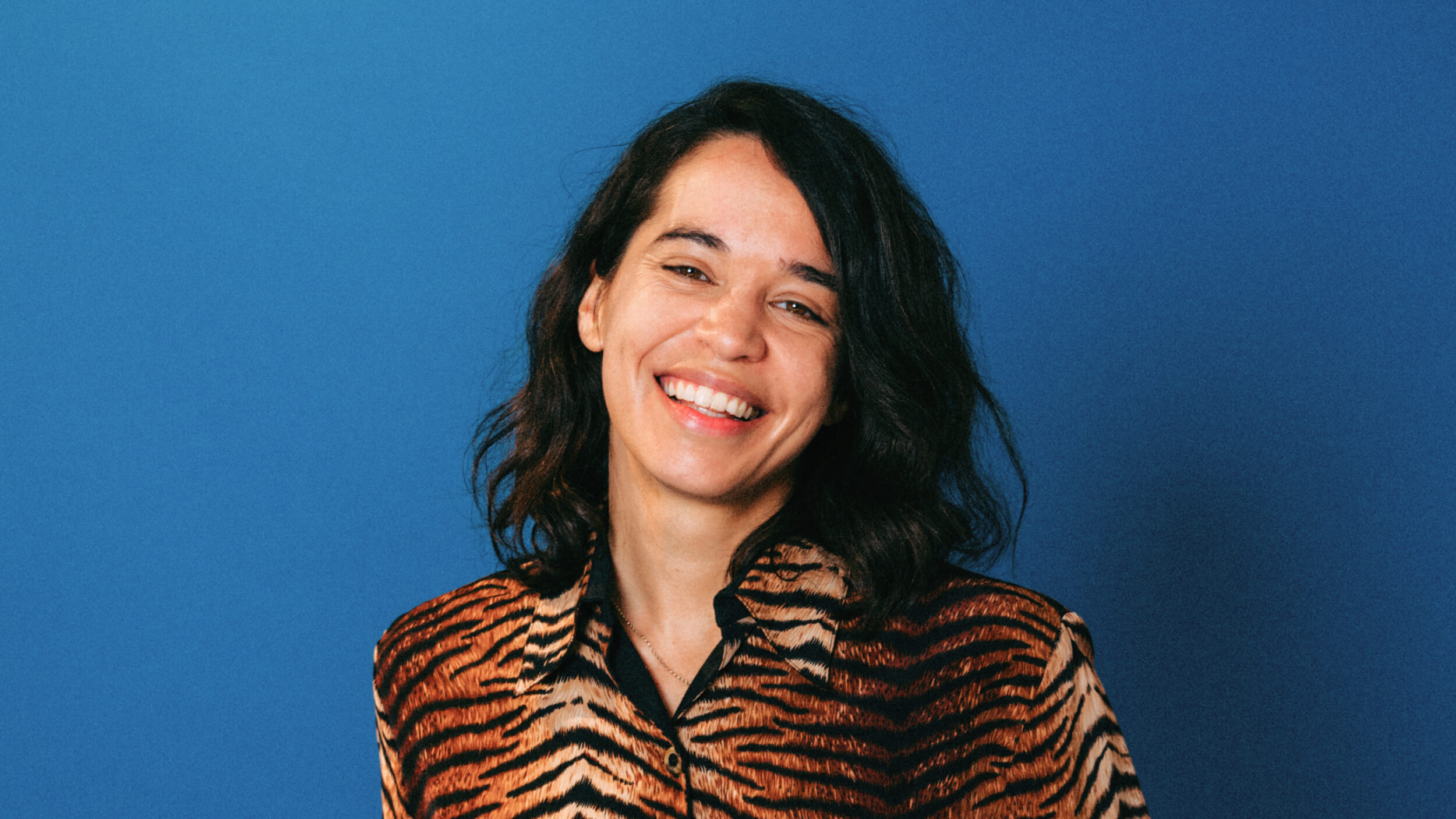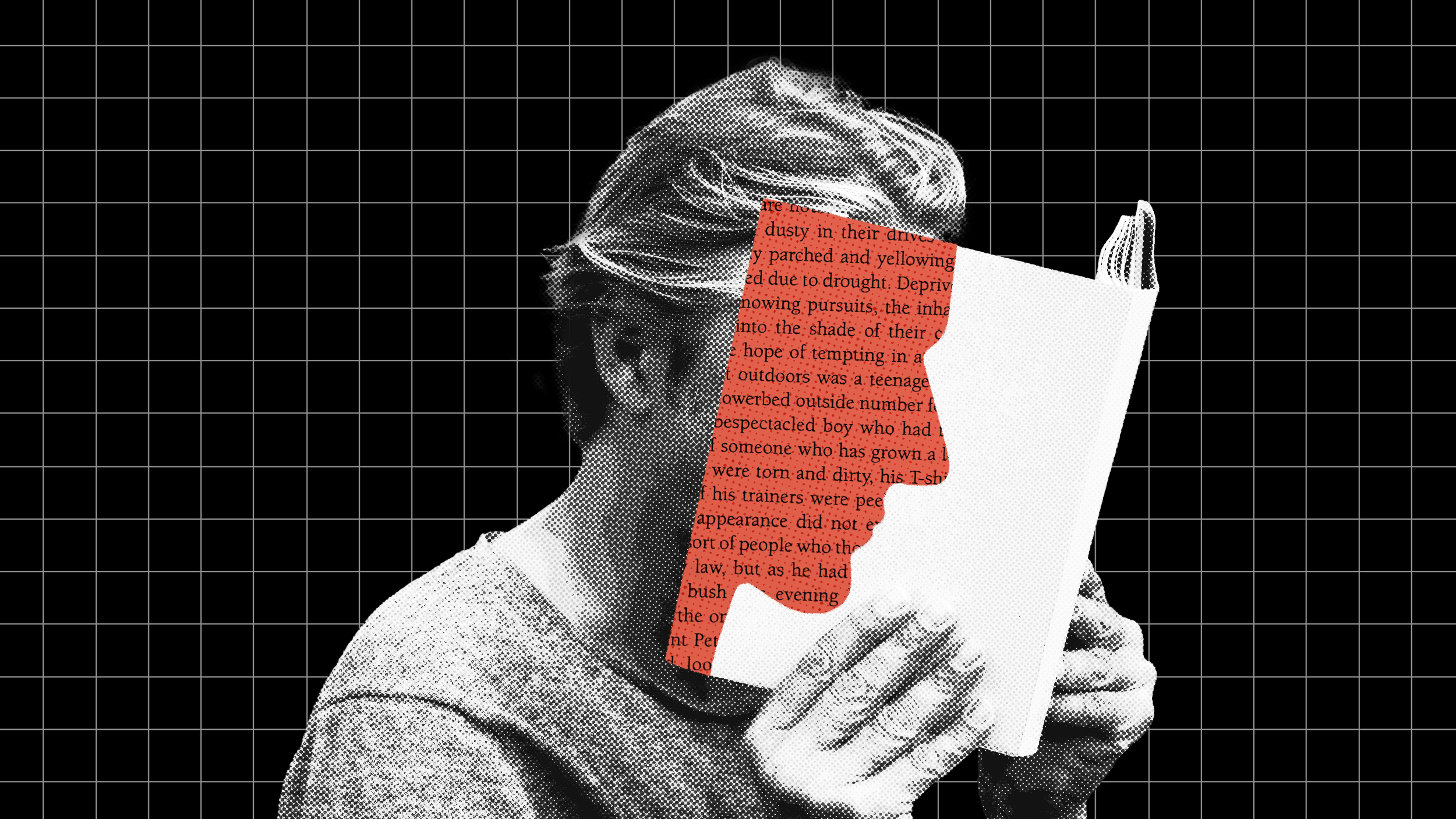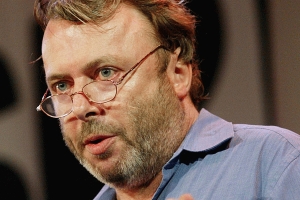Two New Books
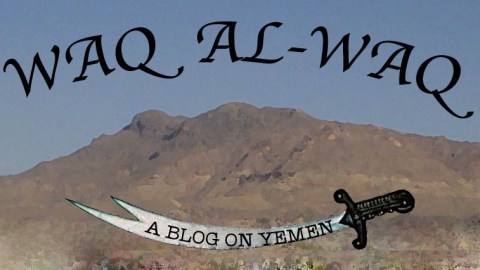
After a much need break from the internet, blogging, and twitter, I have returned to the US and Waq al-waq. I spent much of my break camping, fishing, and reading – all of which I highly recommend.
Among the books I read over my break – when I could fit them in between Haruki Murakami and The Art of Fielding – were a pair of books on al-Qaeda and counterterrorism.
The first was Counterstrike by Eric Schmitt and Thom Shanker, two fine reporters for the New York Times. I had been waiting for this book to be published for some time, and the morning it was released I headed off to my local Barnes & Noble to pick up my copy.
I was disappointed with what I found. I don’t know quite what I was expecting, maybe more of a narrative arc or some sort of story that talked about how US counterterrorism efforts had evolved and changed since 9/11. Instead, I got a well-researched, informative book that was just a bit too dry for my tastes. Although others, such as the very smart Dan Byman, liked it a lot.
Next I picked up Joby Warrick’s book, The Triple Agent. My expectations weren’t quite as high here – I wasn’t familiar with Warrick’s work and I doubted that a single attack, even one as devastating as a suicide attack inside a CIA base, could hold up over an entire book. I was wrong.
Warrick’s book is fantastic. A gripping story, wonderfully told. Anyone who is a fan of spy thrillers, at least the good ones like Furst, Le Carre, and some of Littell, should love this book. I know I did.
Narrative and prose aside, one of the interesting things that Warrick illustrates is the growing number of “targeters” being employed by the CIA. These are the people, who help determine when and where the drone strikes take place. I have no idea how representative Warrick’s targeters are of the CIA as a whole, but the picture that emerges is one of well-meaning people who often don’t have a firm grasp of the country and culture in which they are searching for targets. And a decade after 9/11 that is outrageous.
As AJ Arberry, the great chair of Arabic literature at Cambridge once said, the first ten years of Arabic are the hardest. Well, its been ten years.
